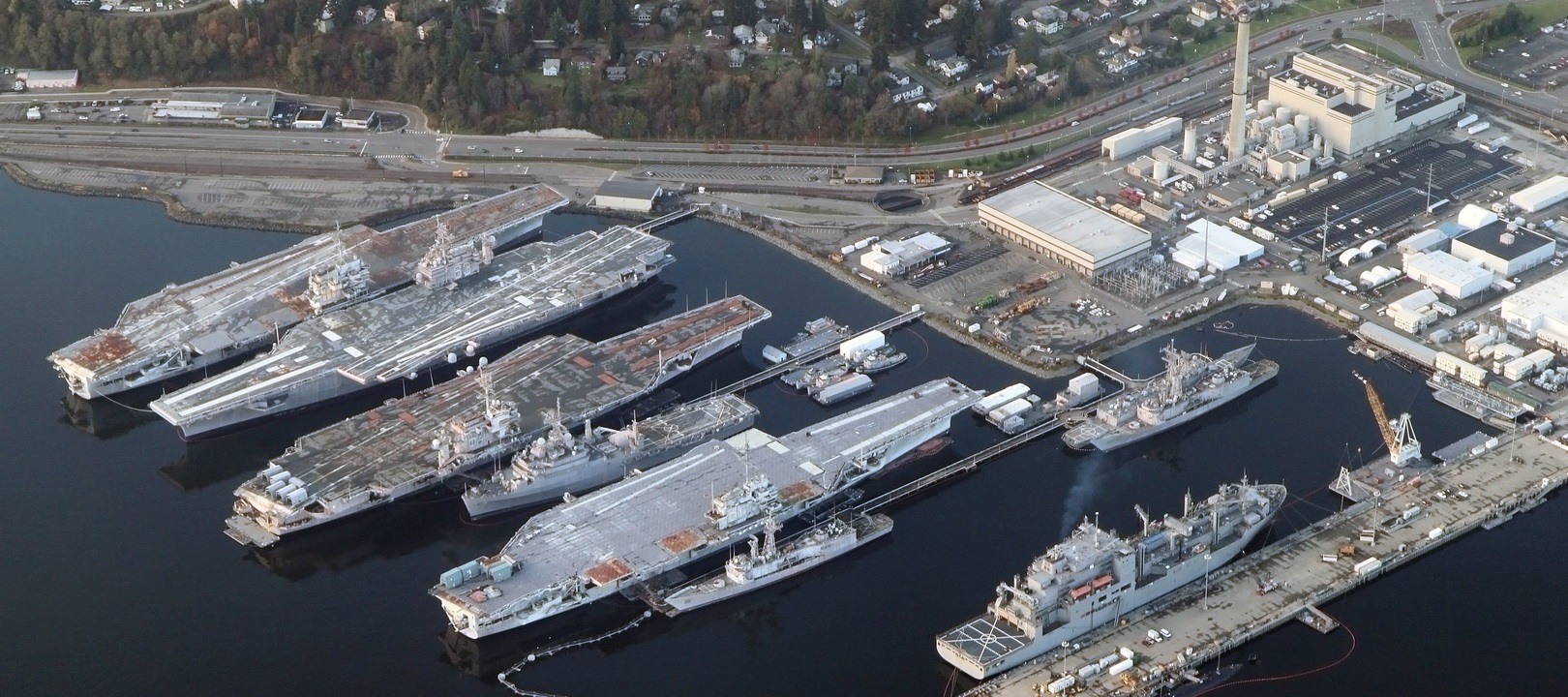Marine shipyard staffing is a vital component in ensuring that shipyards operate effectively. A shipyard requires a range of skilled workers to build, repair, and maintain ships. The right staffing is essential for meeting deadlines, maintaining safety, and ensuring that the work is completed to high-quality standards. Whether constructing new ships or repairing existing ones, the success of any project depends on the ability to manage marine shipyard staffing effectively.
Key Roles in Marine Shipyard Staffing
- Skilled Trades Workers: Skilled trades workers are the backbone of marine shipyard staffing. These workers include welders, electricians, pipefitters, and machinists. Welders are responsible for joining metal parts to form the structure of the ship. Electricians install and maintain electrical systems on board, ensuring that all electrical components function properly. Pipefitters install and repair the ship’s plumbing systems, ensuring water flows correctly throughout the vessel. These workers require specialized training and must have the experience to complete their tasks safely and accurately. Without skilled trades workers, shipbuilding and repairs would be impossible.
- Engineers and Designers: Engineers and designers also play an important role in shipyard staffing. Naval architects and marine engineers design ships and ensure that they are both safe and functional. These professionals are responsible for the structural design of the ship, as well as its performance in the water. Engineers also help solve any technical problems that arise during construction or repair. Without engineers and designers, the shipbuilding process would lack direction, making it difficult to create a ship that meets the necessary standards.
- Project Managers and Supervisors: Project managers and supervisors oversee the work done in the shipyard. Project managers are responsible for planning and coordinating the entire shipbuilding or repair project. They ensure that work stays on schedule and within budget. Project managers also coordinate different teams, making sure everyone has what they need to complete their tasks. Supervisors manage smaller teams of workers, making sure each task is completed correctly and safely. They also solve any issues that arise during the process. The coordination of project managers and supervisors helps ensure that everything runs smoothly and efficiently.
- Safety Officers: Safety officers are an important part of marine shipyard staffing. Shipyards are high-risk environments, with large machinery, heavy materials, and complex tasks. Safety officers ensure that all workers follow safety protocols and use proper protective equipment. They inspect the shipyard regularly to identify any hazards and ensure that workers are trained in safety procedures. By preventing accidents, safety officers help maintain a safe work environment and avoid costly delays caused by injuries.
- Administrative and Support Staff: In addition to technical staff, marine shipyard staffing also requires administrative and support personnel. These workers manage the non-technical aspects of the shipyard’s operations, such as payroll, human resources, and procurement. They also handle the logistics of ordering materials and ensuring the necessary equipment is available. Administrative staff also ensure that projects comply with legal and regulatory requirements, including managing permits and documentation. Without administrative and support staff, the shipyard would face challenges in maintaining organization and efficiency.
Challenges in Marine Shipyard Staffing
Marine shipyard staffing faces several challenges. One challenge is managing fluctuating labor needs. Shipyards often experience busy periods when there are multiple projects at once. During these times, more workers are needed to meet the demand. However, during slower periods, fewer workers are needed. This can make it difficult to maintain a steady workforce throughout the year.
Another challenge is the shortage of skilled workers. Many tasks in shipyards require specialized skills that take time to develop. There may be a gap between the demand for skilled workers and the number of available workers. To overcome this, many shipyards offer training programs to help workers develop the necessary skills and knowledge for their jobs.
Conclusion
Marine shipyard staffing is crucial for the successful operation of shipyards. Skilled trades workers, engineers, project managers, safety officers, and administrative staff all play key roles in ensuring that shipbuilding and repair projects are completed on time, safely, and to the highest standards. While challenges like fluctuating labor needs and a shortage of skilled workers exist, marine shipyard staffing remains the foundation for a shipyard’s success. With proper staffing and training, shipyards can continue to meet the demands of the maritime industry and keep operations running smoothly.


